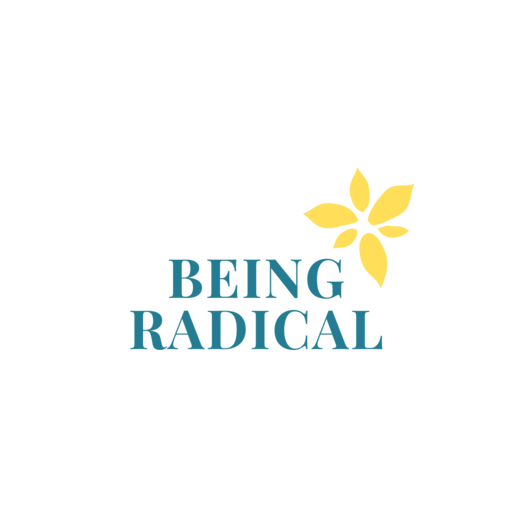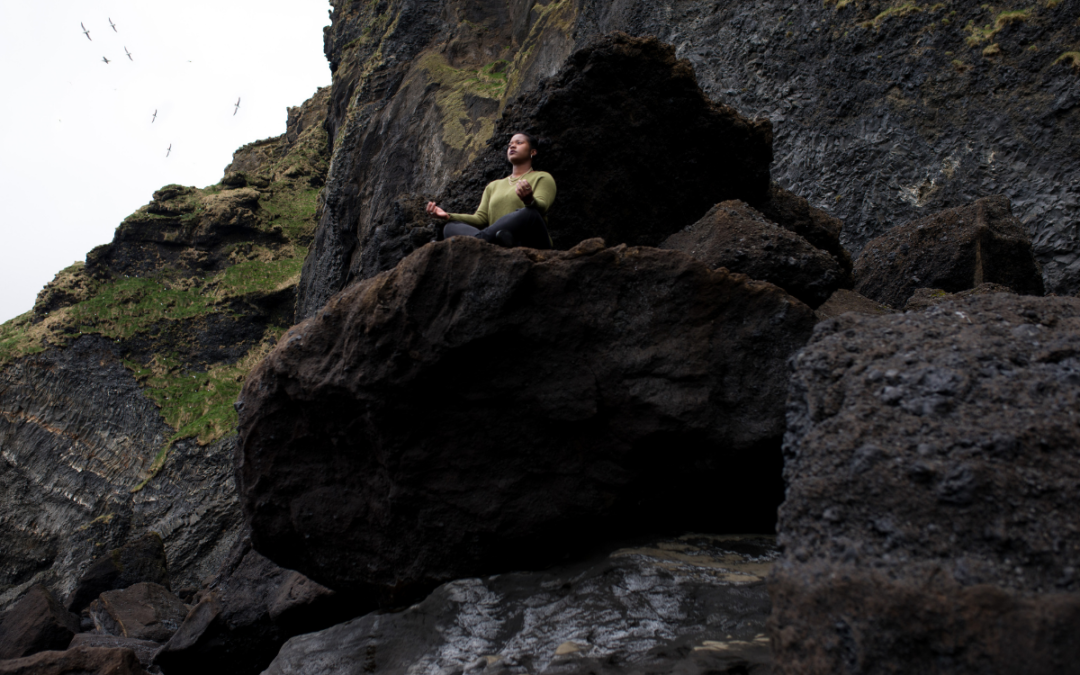“I want to talk about an activity you were always warned against as being wasteful, impractical, hopeless. I want to talk about dreaming. Not the activity of the sleeping brain, but rather the activity of a wakened, alert one. Not idle wishful speculation, but engaged, directed daytime vision.” ~Toni Morrison
I don’t know when I became conscious of the need to be in some form of a healing process. The knowing has just always seemed to be there. As a child, I couldn’t help nosing around in grown folks’ business. I listened in on the scraps of my mother’s conversations consoling so and so after a husband left. I worried right along when she lamented aloud about which bill had to be left unpaid. On Sundays, I sat in the pews listening to prayer request after prayer request for the sick and shut-in list.
Without fully understanding what, why, or how–I instinctively knew there was a fragility in my foundation. In my family and throughout my West African immigrant community, there were loud vulnerabilities that laid wide-open and unattended. Over meals, adults would boast about their near-death experiences escaping wartime. Between the lines of the stories, I could see the wreckage of families that had never been mended. I saw the weight of having to leave one’s homeland for a borrowed land. I didn’t have the words to name it. Nor did I have the resources to tend to it–but I knew that a balm was needed. That something had to be done. That the people I loved deserved to live better. That I deserved to live better.
So I’ve dedicated my life to trying to figure out how to do something about it. There’s been so many fits and starts on this process of trying to learn, unlearn, and then relearn how to cultivate healing. Now, I realize that what I saw at the kitchen table as a little girl was the textbook I needed for healing in the midst of systems bent on your destruction. I grew up around loved ones figuring out how to feed their families and live with their own scars. I knew people making ends meet while securing triumphs both big and small along the way. I watched folks just taking it one step at a time as they existed in their own personal hell.
There is a common thread in each survivor’s tale I’ve ever heard. This thread that weaves and connects these stories is the radical dream. The radical dream is one in which the dreamer is fully aware of the realities of their past and of their present. From that standpoint, the dreamer envisions a future that is more just, beautiful, and enriching for themselves and their broader communities.
Nobel Laureate Toni Morrison is my trusted teacher on dreaming. In her 1988 Sara Lawrence commencement speech, Morrison urges graduates to pause before trying to work up solutions to the world’s problems. She tells them, “Don’t let anybody, anybody convince you that this is the way the world is and therefore must be. It must be the way it ought to be.” With these words, Morrison demands that we fuel our healing with the dream of our lives as they should be. This deliberate dreaming should predate rational thinking–and ultimately direct our good action.
My radical dreaming began when I started recognizing that I was shackled to external expectations and belief systems that left me depleted. As a Black woman, every message I received told me to aspire towards being able to successfully balance partnership, motherhood, and career while simultaneously overcoming racialized adversity and glass ceilings. As a first generation Liberian American, I was implicitly expected to live a life that made my parents feel that their struggle was worth something. I tried. I tried really hard to be everyone’s superhero, carer, all-star, and advocate. I tried and every night I fell into bed exhausted, anxious, and used up.
Today’s widely accepted American Dream for Black Women is no dream for me. In its place, I’ve begun to dream a radical dream where my life produces good fruit that nourishes myself and others. I dream of intimate relationships that hold soft spaces for vulnerability, expansion, and joy. I dream of generational wealth brought forth in a transformed economy that is not based on human degradation.
Morrison suggests that our radical dreams should not be limited to our personal lives alone. She points to one of the world’s famous dreamers, Martin Luther King Jr., who teaches us that our radical dreams should contain visions for our families, nation, and even the world. King dreamed for the creation of a Beloved community whose collective dream is the force that bends the moral arc of the universe towards justice.
We exist within centuries-old societal hierarchies that have brought harm on all of us. We can all live better. We don’t have to treat fellow humans as resident aliens, illegal, or as entities that can be easily discarded. We don’t have to disperse inordinate degrees of trauma and persistent terror on the poor, Queer, Black, and Brown. We don’t have to annihilate the earth’s resources with indifference and greed. We can do something different. We can imagine different ways of relating and economizing. We can heal by radically dreaming and translating our imagination into action. We must get in the business of doing so. The quality of our existence together depends on it.
Self-inquiry
Grab a journal and reflect on the following question
1. Free-Write for five minutes: What is the radical vision for yourself and your larger community? How do you live? How do you serve? What is your beloved community?
2. Take a look at what you wrote about your radical dream. How do you feel?
Come back to this exercise often. Over time, you can track how your radical dream shifts and expands.
Two points of important (and possibly contradictory) notes:
Radical Dreaming with no tangible action is fantasy. We may not always have the resources, time, or clarity to take action on the fullest version of our dream. Still, there is always some small way to start. Hint: It may start with a change in the way you think and speak about your dream.
Acknowledging the distance between your dreams and reality is painful. Especially when you feel powerless to do anything about actualizing your radical dream. Especially when you feel you can no longer bear the weight of your current reality. Soothe yourself and live in the direction of your dreams anyhow. Seek a community to support you while you acknowledge the pain in this gap gap. Identify and release patterns in your current reality that burden you. Some things have to fall apart.


Wowowowow what an amazing blog entry. I love when you said “ As a first generation Liberian American, I was implicitly expected to live a life that made my parents feel that their struggle was worth something. I tried. I tried really hard to be everyone’s superhero, carer, all-star, and advocate. I tried and every night I fell into bed exhausted, anxious, and used up.”
Because HONEY! That is a REALity!
Also, the way you write is so poetic and reminds me of some of my fave authors. Such an enjoyable read.
Thank you sooo much! I’m beaming from ear to ear. Glad you enjoyed the read!